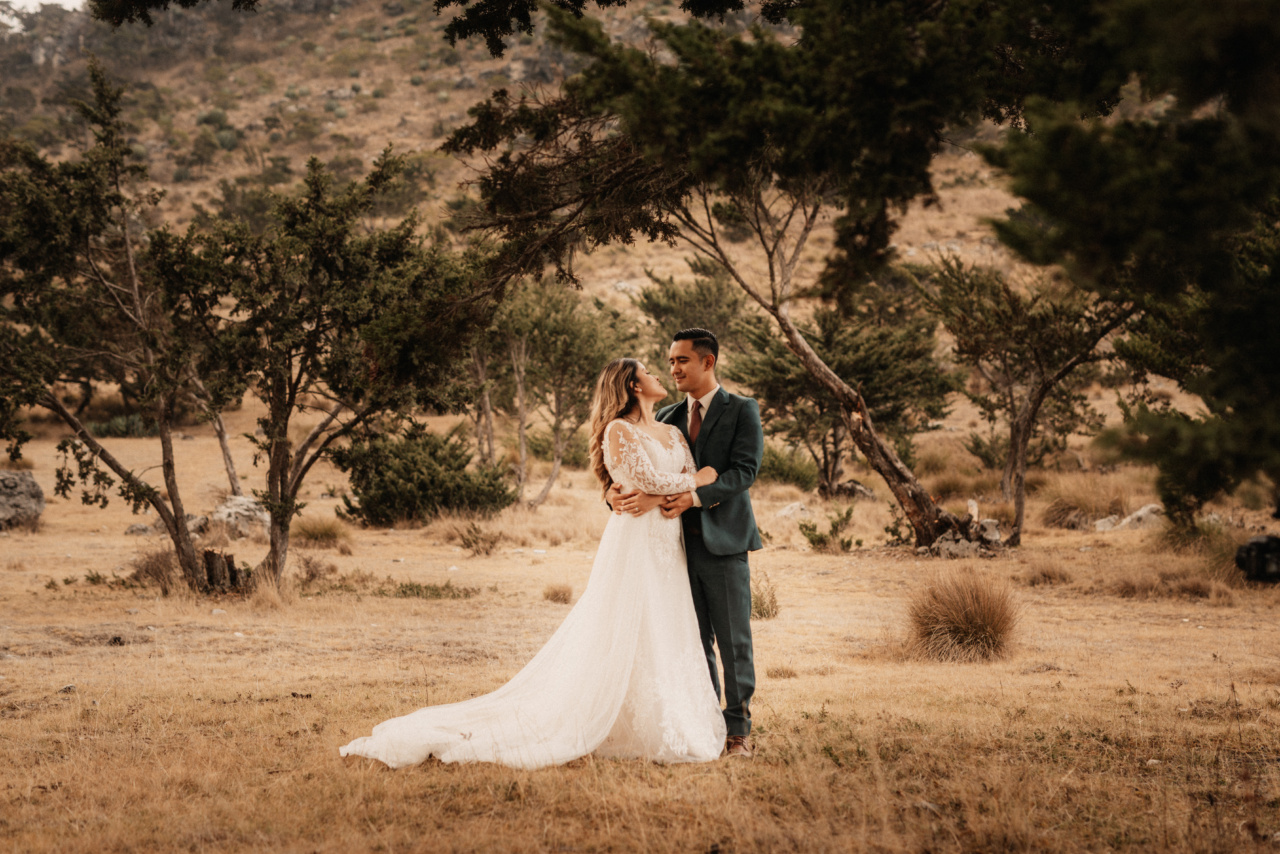Unrequited love is a situation where one person has romantic feelings towards another, but those feelings are not reciprocated. It is a painful and heartbreaking experience, leaving the person feeling rejected, insecure, and unworthy of love.
When this happens, it can lead to a range of emotions such as anger, jealousy, and even depression. This article will explore the sting of unrequited love, why it hurts so much, and how to heal from it.
Why Does Unrequited Love Hurt So Much?
Unrequited love can be devastating because it triggers our most primal instincts related to attachment and connection. As human beings, we have an innate need to be loved, wanted, and accepted by others.
When this need is not met, it can send us into a spiral of negative emotions.
When we develop feelings for someone, we invest a lot of time and energy into building a connection with them. We think about them constantly, daydream about being with them, and hope that they feel the same way.
If they don’t reciprocate our feelings, it can feel like a rejection of our entire being.
In addition to the emotional pain, unrequited love can also have physical effects on the body. Studies have shown that rejection can stimulate parts of the brain associated with physical pain, leading to a feeling of heartache or gut-wrenching pain.
This is why the phrase “heartbreak” is frequently used to describe the feeling of unrequited love.
The Different Types of Unrequited Love
Unrequited love can take many forms and can happen in a variety of relationships. Here are some of the most common types of unrequited love:.
1. Crushes
Crushes are the most common form of unrequited love, particularly during adolescence. We develop intense feelings for someone, but they may not even know we exist, or if they do, they may not feel the same way.
2. Friends
Unrequited love can sometimes happen in friendships. One person may develop romantic feelings towards their friend, but their friend may only see them as a platonic friend. This can create a lot of tension and awkwardness in the friendship.
3. Coworkers
When we spend a lot of time with someone, such as a coworker, we may develop feelings for them. However, if they do not feel the same way, it can make working together difficult and uncomfortable.
4. Exes
Unrequited love can also happen after a breakup. One person may still have feelings for their ex, but the other person has moved on. This can make it hard to move on and can lead to a lot of pain and heartache.
How to Heal from Unrequited Love
Healing from unrequited love takes time and patience. Here are some strategies that can help:.
1. Allow Yourself to Feel Your Emotions
Don’t try to suppress your emotions or pretend that you’re not hurt. Allow yourself to feel your feelings, even if they’re painful. Cry if you need to, write in a journal, or talk to a trusted friend or therapist.
2. Give Yourself Time and Space
It takes time to heal from unrequited love. Give yourself time and space to process your feelings and move on.
This may mean taking a break from the person you have feelings for, unfollowing them on social media, or avoiding places where you know they’ll be.
3. Focus on Yourself
Instead of focusing on the other person, focus on yourself. Invest time and energy into your hobbies, interests, or personal growth.
Find ways to boost your self-esteem and self-worth, such as practicing self-care, learning something new, or volunteering.
4. Practice Gratitude
It can be easy to focus on what we don’t have, but practicing gratitude can help shift our perspective. Make a list of all the things you are thankful for in your life. This can be anything from your family and friends to your health, job, or home.
5. Seek Professional Help
If you’re struggling to move on from unrequited love, consider seeking professional help. A therapist can help you navigate your emotions, develop coping strategies, and move forward with your life.
The Bottom Line
Unrequited love can be a painful and heartbreaking experience, leaving us feeling rejected, unworthy, and alone. It triggers our most primal instincts related to attachment and connection, and can have both emotional and physical effects on the body.
However, with time and patience, we can heal from unrequited love.
By allowing ourselves to feel our emotions, giving ourselves time and space, focusing on ourselves, practicing gratitude, and seeking professional help if necessary, we can move forward from unrequited love and find happiness and fulfillment in our lives.





























